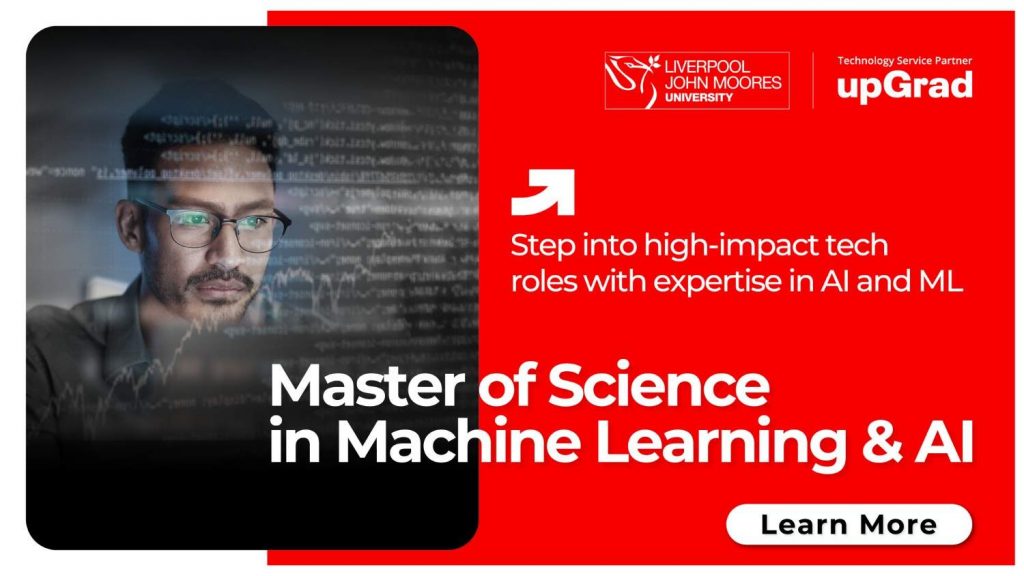Federated learning is a new approach to machine learning that enables collaborative training without sharing private data. Typically, machine learning models need large, centralised data to train on. However, in many cases, this data contains sensitive information. Laws also restrict the centralising and sharing of data. Federated learning provides a solution by keeping the data localised on devices instead of pooled together. This article will explain how it works and outline the main benefits.
How Federated Learning Works?
It uses decentralised data spread across many devices to train models. This decentralised AI approach has multiple participants work together to enhance a shared model while storing data locally on their own devices. This system preserves privacy and reduces communication requirements. Individual devices train algorithmic models using their own local dataset. Hence, only small update pieces, not full data sets, get sent out. The updates get combined into one master model. With many rounds of local training plus merging updates, the shared model slowly improves without ever seeing raw data.
Applications of Federated Learning
It enables innovations while protecting privacy, such as:
- Keyboard apps: Improve next-word predictions using local typing data without sharing personal text
- Banks: Detect fraud together without giving away private transaction information
- Machines: Predict failures early by monitoring devices collectively
- Shopping: Make better recommendations using someone’s local purchase history alone
- Voice assistants: Customise assistants to user preferences just on their device
- Health Research: Medical researchers can work together to speed up findings without exposing sensitive patient information
Key Advantages of Federated Learning
Federated learning offers important advantages over traditional centralised machine learning:
- Improves privacy and rules compliance when data is sensitive
- Lowers risks of gathering all data in one place
- Saves communication needs and computing power with decentralised training
- Enables new chances to tap into collective data at large scale
- Allows models to learn from more complete, representative data
Key Challenges
This new approach also faces some issues:
- Needs well-designed incentives for voluntary contribution
- More complexity to coordinate decentralised learning
- Possibility of unfair model updates from untrustworthy participants
- Harder to review model behaviour without seeing the training data
Future Outlook
As data privacy grows more important everywhere, federated learning will probably spread rapidly. Its methods work not only on mobile devices but also on healthcare imaging systems with separate data.
Technology standards will be developed to enable smoother technical collaboration across institutions that build shared models. Specialised software and rewards will make it easier for organisations to contribute to projects jointly.
Conclusion
Federated learning enables a new way of modelling data—in a decentralised way. By keeping data local and private but bringing updates from many players together, it finds patterns in collective information at a large scale. As this method for AI model training improves, it will change how personal information, like health data, is used while protecting privacy. Offering incentives and standards will make adoption faster. It matches machine learning progress with ethically managing sensitive information.
FAQs
1. What is federated learning in simple terms?
Federated learning is a way for many parties to jointly train AI models without sharing real private data. The data stays decentralised on devices instead of pooled together.
2. How is it different from traditional machine learning?
Traditional machine learning gathers all data in one place. Federated learning leaves data distributed, so it stays more private and secure. This allows collaboration with data remaining local.
3. Does it eliminate the need to store customer data?
Yes, with federated learning, companies don’t need to store all customer data in one database. User data remains only on local devices throughout.
4. Does it align with privacy regulations?
Yes, by not copying or moving data from user devices, federated learning complies with rules on keeping data private, protected and localised.
5. Can it work for small datasets?
Yes, by combining model updates from many parties, federated learning can unlock insights even from small, fragmented data no single party owns entirely.































